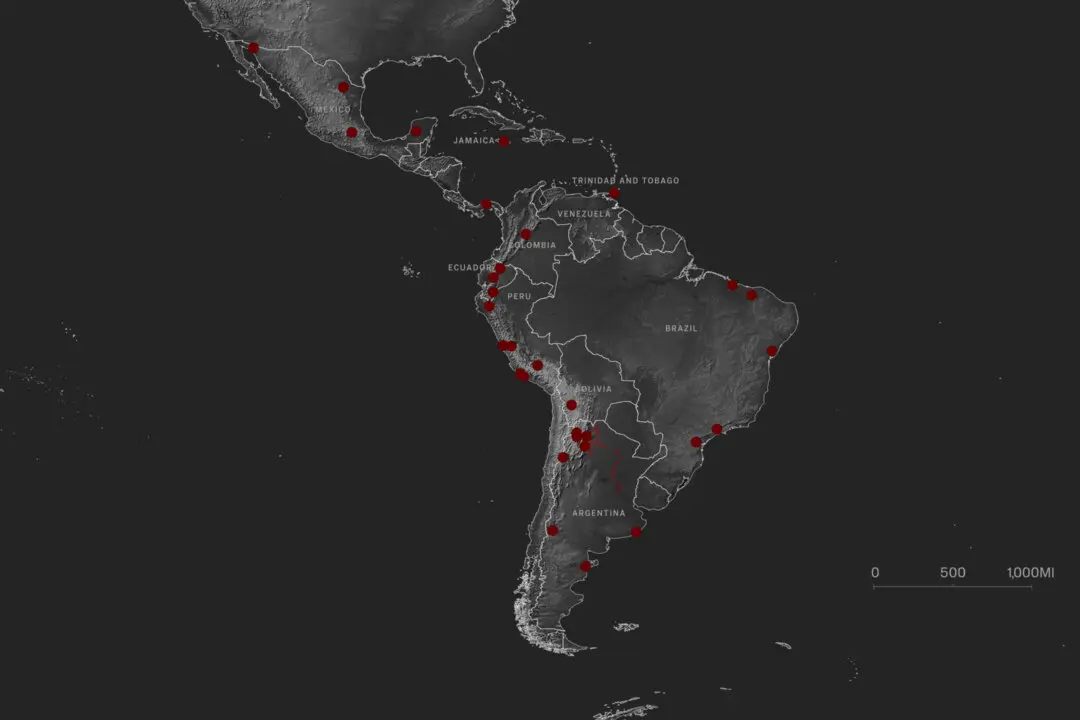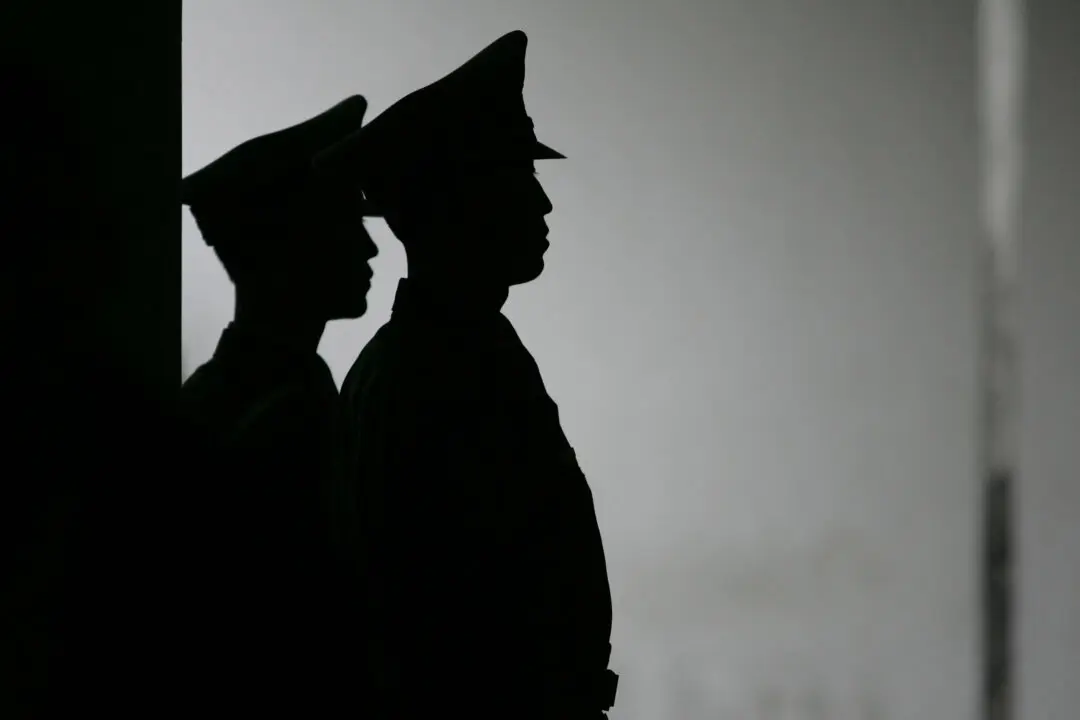More than 3,700 Swedes were erroneously told they had the CCP virus due to defects in testing kits made in China, Sweden’s Public Health Agency announced on Aug. 25.
The PCR (polymerase chain reaction) testing kits, manufactured by Shenzhen-based genome sequencing company BGI Genomics, were unable to distinguish between very low and no viral genetic material, Swedish health authorities said in a statement.





